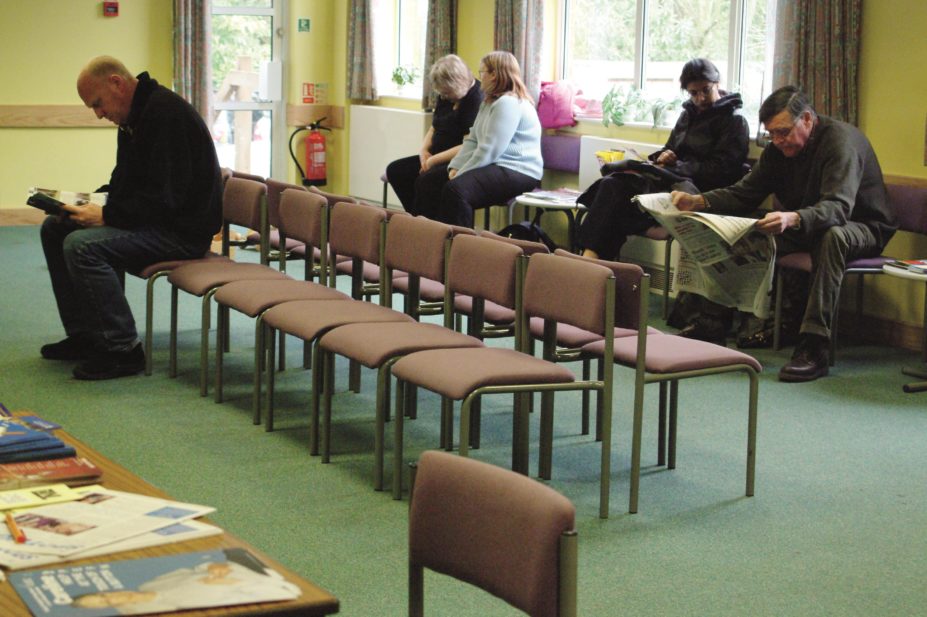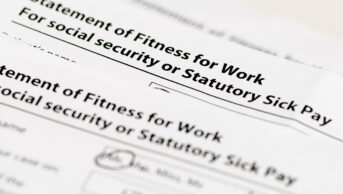
Peter Titmuss / Alamy Stock Photo
Other healthcare professionals could handle up to half of all appointments currently dealt with by GPs, according to UK think tank Reform.
Reform estimates that if nurses and pharmacists administered appointments concerning minor ailments and medicines-related problems, which make up around 15% of GPs’ workload, it could save the NHS up to £727m per year.
The recommendation is made in a report that calls for an overhaul of general practice. The think tank argues that models of care have not altered since the inception of the NHS and “fundamental change” is needed.
General practice should be scaled up, with more care provided by “super practices” and single providers delivering care to large swathes of the population, says the report. It also supports a seven-day GP service, greater use of technology such as Skype consultations, and more integration between clinical teams.
By increasing the proportion of primary care appointments handled by pharmacists and nurses, the report argues that GPs can focus on patients with more complex problems, who could then be seen for up to 20 minutes. Making better use of other clinicians would allow the government to scrap its target of recruiting an extra 5,000 GPs, it says.
The report also suggests that nurses and pharmacists should play a greater role in supporting people who see the GP for long-term conditions. For example, pharmacists could deliver annual reviews and medication monitoring for patients with asthma.
The report, published on 12 April 2016, was based on interviews with 22 stakeholders from the NHS, government, healthcare consultancy, and private healthcare groups.


